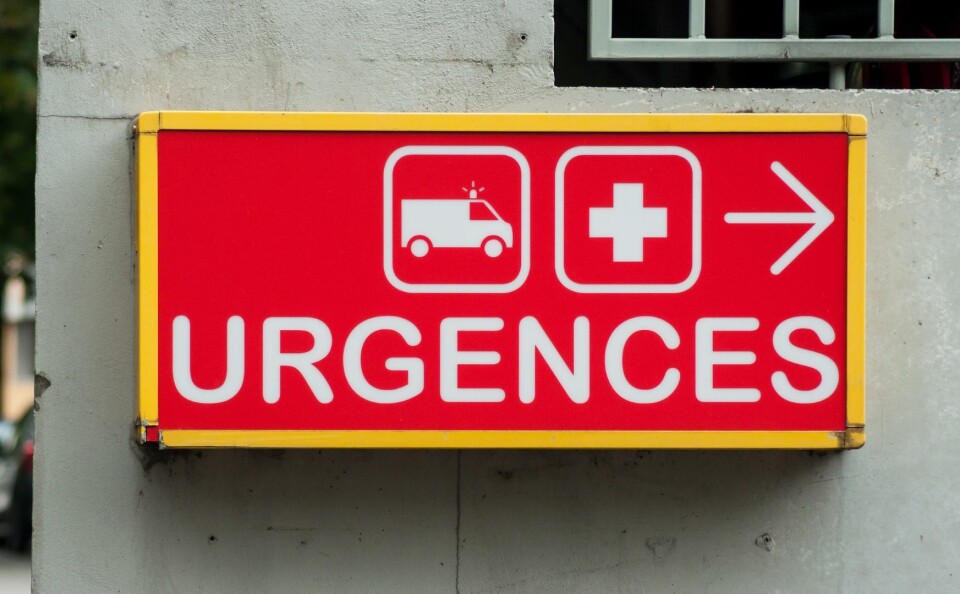-
Is this the end of free mountain rescue in France?
A new report says that charging for services is ‘legitimate and necessary’
-
Doctors in France announce strike action: it may be harder to get appointments
First wave of action set to begin on December 3
-
Doctolib phishing alert: how to spot scams and what to do if targeted
Millions of users have been warned to watch out for unofficial email addresses and suspicious message links
France trials triaging emergency 15 calls to assess if doctor attends
Less serious cases are to be seen by district nurses or urged to go to their GP - we look at why the emergency service is changing

France is experimenting with changes to how it responds to people who call the 15 emergency number.
Until now, callers would almost always be connected with a Service d’Aide Médicale Urgente (Samu) emergency team, including a doctor attached to the nearest hospital which has an emergency admissions service.
Different ambulance services
Most teams use fast cars with blue lights and sirens, and carry ventilators, defibrillators and other medical equipment.
They work in units of three, with a doctor, nurse and driver/porter.
Ambulance services to the hospital are usually supplied by the fire brigade, with the medical staff travelling with the patient if necessary.
Private ambulance services, often linked to local taxi firms, also provide patient transport to hospital, sometimes via contract with the local Samu.
Read more: French emergency services: Why it is now harder to reach 15 number
District nurses sent instead of doctors
However, changes have been introduced by the government in response to a report it commissioned from Dr François Braun, the president of the Samu-Urgences de France agency.
These include some departmental Samus sorting calls made to the 15 emergency switchboard to decide on the phone whether they are sufficiently urgent for a doctor to attend.
If not, district nurses, who work on their own account as independent professionals, will be sent, or for cases not deemed urgent, the person will be told to call their own doctor.
Nurses will use their own vehicles in most cases but for Samu work will have to be equipped with a computer with a mobile phone modem, which, in areas covered by a mobile phone signal, will let them send details such as heartbeat, blood pressure and temperature to a doctor in the Samu organisation.
It is not clear who will pay for this equipment or how the nurses will be paid for Samu work.
Changes needed due to lack of doctors
In the introduction to his report, Dr Braun said it was urgent to change the system because, since the Covid crisis, too few doctors were working for Samu to keep the old system running.
The French public health system is run by the state, through regional agence régionale de santé (ARS) stand-alone organisations, and most of the ARS started experimenting with the recommendations straightaway.
‘Doctors will see serious cases’
The first trials are in Nouvelle-Aquitaine, Deux-Sèvres and Landes.
“We have had the new system running since July, and are in the process of evaluating it,” a spokeswoman for the ARS told The Connexion.
“When we have more details, we will be sure to communicate them.”
She insisted that people with serious medical problems who call the 15 emergency number will still be seen by a doctor.
“By having the system in place, we will be able to use our doctors for serious cases and ensure that they are used where they can do the most good,” she said.
She added that patients were also encouraged to go to their GP first when they had medical problems, but admitted that long waiting lists for appointments – up to two months in some rural areas – meant people were tempted to seek alternatives, such as hospital emergency services or even calling the 15 emergency number.
Related articles
Non-emergency patients saturating French hospital ‘urgences’
One in five French A&E units face cuts or closure due to lack of staff
Hospital ratings: website lets patients compare French health centres
























